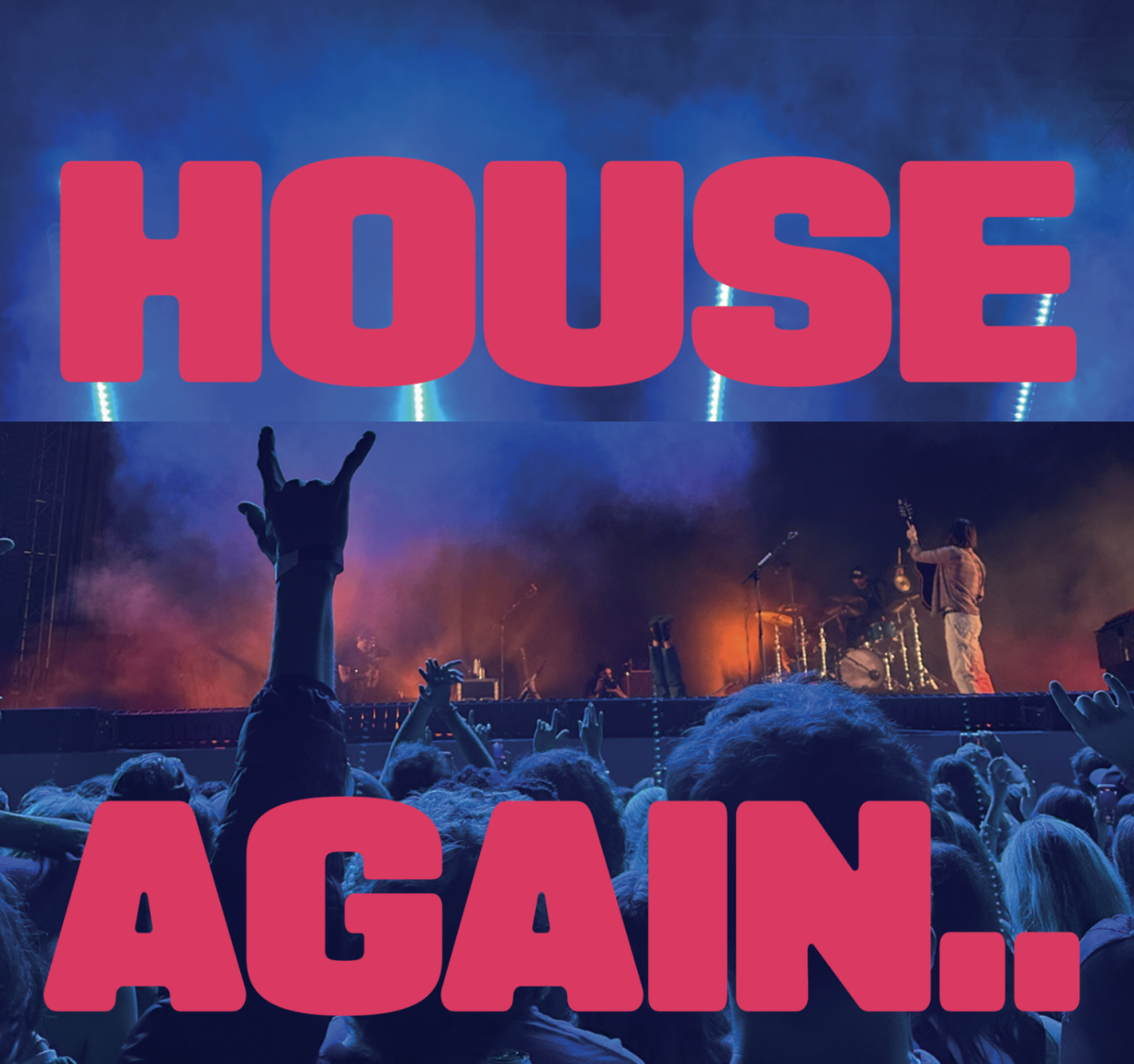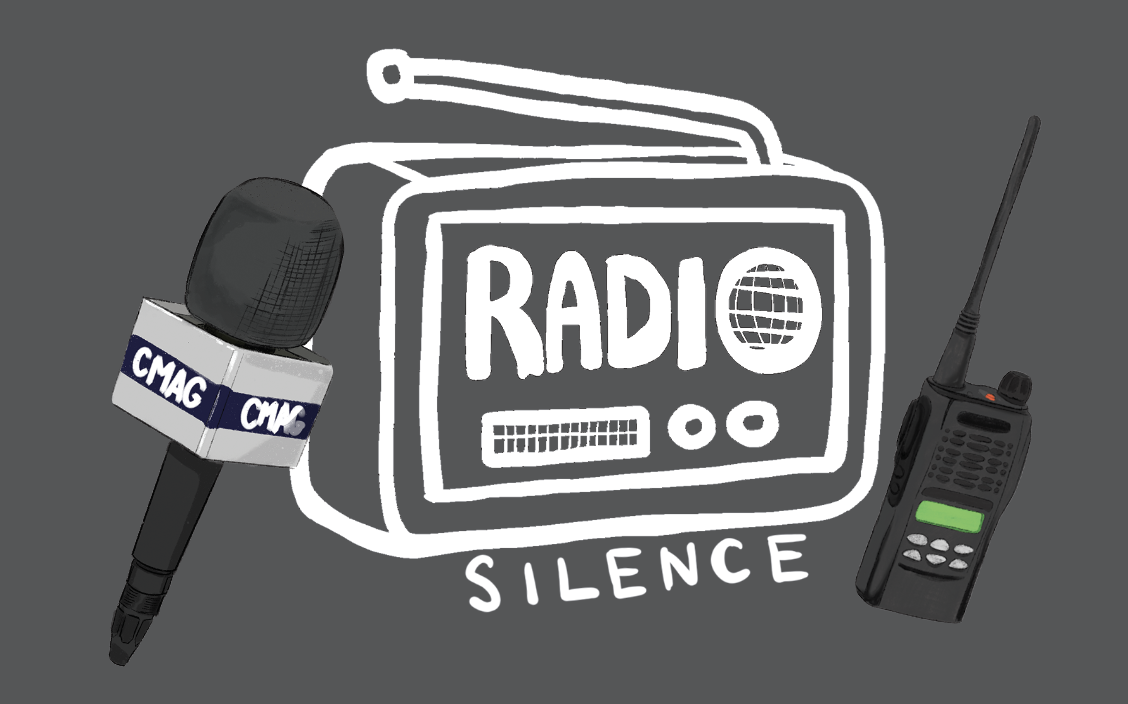
![]() he new year is coming up, and with it, the pressure to form New Year’s resolutions is building. During this time, many goals surround health and wellness as individuals pursue a fresh start in their fitness journeys. In a recent study from Forbes Health, researchers concluded that, year after year, as people choose their most important area for self-improvement, the three most common New Year’s resolutions are to improve mental health, increase fitness and to lose weight. With the pressure of the numbers on the scale, is it attainable to balance the weight of society’s diet culture while prioritizing mental health?
he new year is coming up, and with it, the pressure to form New Year’s resolutions is building. During this time, many goals surround health and wellness as individuals pursue a fresh start in their fitness journeys. In a recent study from Forbes Health, researchers concluded that, year after year, as people choose their most important area for self-improvement, the three most common New Year’s resolutions are to improve mental health, increase fitness and to lose weight. With the pressure of the numbers on the scale, is it attainable to balance the weight of society’s diet culture while prioritizing mental health?
According to dietician and body image counselor Brenna O’Malley, the expectation to set high goals in the new year can often lead to burnout.
“The idea that you set these lofty goals like, ‘Oh, I’m going to do this thing every day, I’m never going to have candy or I’m not going to have any sugar’ or whatever it is, a lot of times those are so black and white that they’re not sustainable,” O’Malley said.
Resolutions regarding dieting are a fundamental part of what is often referred to as “diet culture,” which associate professor and director of the didactic program at the University of Vermont, Lizzy Pope, attributes to perpetuating harmful beauty standards.
“Diet culture is a system of beliefs that elevates some foods above others and some body sizes above others,” Pope said. “It idealizes thinness.”
Dieting that restricts one’s food intake to change their body can decrease self-esteem, fostering a cycle of dissatisfaction, which companies frequently use to advertise and sell dieting products.
“When you set really strict [dieting] rules, which we see all over the place on social media or in gym advertisements, they set you up for feeling bad, [even though] they actually weren’t realistic to begin with,” O’Malley said.
Similarly, dietician and mental health counselor Jackie Ahern draws a connection between these high expectations regarding diet plans and the financial benefits to dieting companies that profit off of diet culture.
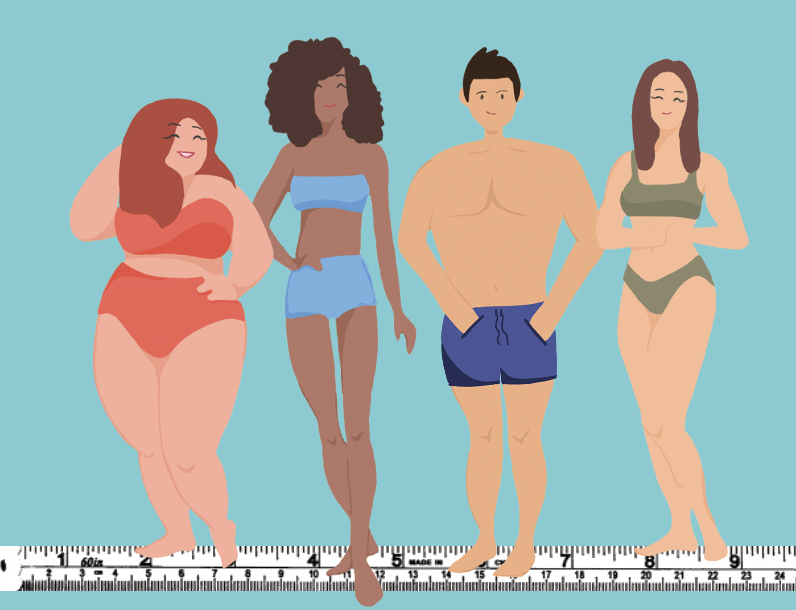 “[Dieting is a] 70 billion dollar industry and the diet industry doesn’t maintain itself by putting out plans and diets that help people lose weight and keep it off,” Ahern said. “They [create] plans and diets that aren’t sustainable that keep people going with it.”
“[Dieting is a] 70 billion dollar industry and the diet industry doesn’t maintain itself by putting out plans and diets that help people lose weight and keep it off,” Ahern said. “They [create] plans and diets that aren’t sustainable that keep people going with it.”
The Allcove team, a collective of professionals that focus on mental and physical health, states that body dissatisfaction and the changing nature of diets can lead to behaviors that foster unhealthy habits.
“Self-worth, often being intertwined with how we look, can lead to people engaging in specific behaviors such as intensive exercise [or] calorie counting,” the Allcove team said.
When restrictive dieting continues, it can lead to serious medical and mental health conditions, which according to Beyond Measure, a group of size-inclusive dietitians and psychologists in Redwood City including Matt Arnone, MS, RD, Sam Finkelstein, RD, Erika Jung, PhD, and Salena Schapp, PsyD, can cause physical harm.
“Dieting is ineffective at best, and harmful at worst,” the Beyond Measure team said. “It increases the risk for developing eating disorders, which are among the most deadly of all psychiatric conditions.”
These pressures to conform one’s body to fit with the standards of diet culture can be enforced through social media algorithms and push dieting content out to consumers.
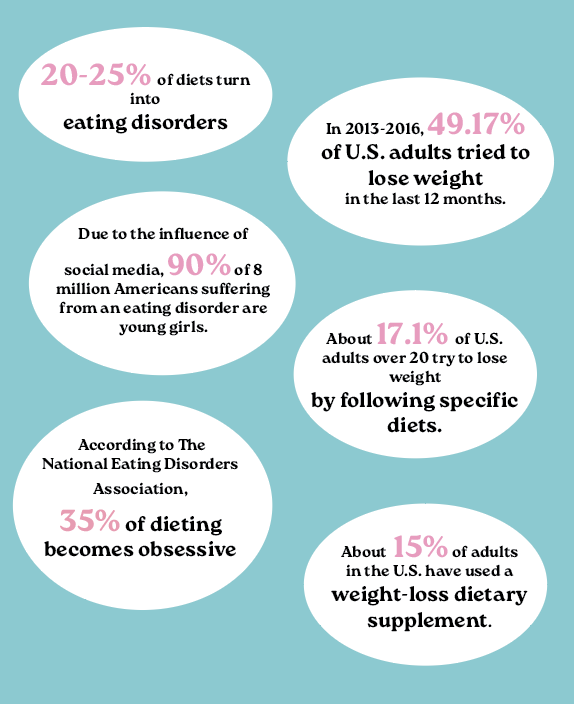 “Social media has a tremendous impact on how we view ourselves,” the Allcove team said. “The frequent messaging around the ‘default ideal body’ has significant implications to our physical, emotional, and mental health. An individual using social media experiences constant implicit messaging that they need to change themselves or that something is wrong with them.”
“Social media has a tremendous impact on how we view ourselves,” the Allcove team said. “The frequent messaging around the ‘default ideal body’ has significant implications to our physical, emotional, and mental health. An individual using social media experiences constant implicit messaging that they need to change themselves or that something is wrong with them.”
This messaging on social media can sustain unrealistic body expectations, due to posed and edited pictures.
“There’s this belief that if you do what I do, you will look like me,” Ahern said. “And the thing is, those people often don’t even look like themselves because they have filters on, or they’re at specific angles, and that’s genetics. That’s a very specific body type, and there’s no guarantee that we’d look like anyone even if we ate and did the same things as them.”
In order to dismantle harmful messaging put out by diet culture, Paly clubs and advocates for mental health awareness are providing resources for teenagers to receive help, including Paly’s Bring Change To Mind club (BC2M). President of BC2M, senior Ella Bishop, warns that social media can be deceiving when looking at other people’s lives online.
“Social media only provides a snapshot into someone else’s world and we have no idea how that might be staged,” Bishop said. “As challenging as it can be, it is important to try and filter what you see by controlling who or what you follow and remember you never know the full story.”
Conversely, when social media promotes people of all body types, making more body-positive and inclusive platforms, consumers can feel more seen and valued.
“There can be positive parts [of social media], like if your feed is showing people in a lot of different body sizes, that can help you see their bodies all look different,” O’Malley said.
Due to the popularity of social media, trends that value specific body types can lead to new societal expectations to fit in with fads surrounding which body types are idealized. This can lead to content consumers feeling pressured to change their bodies.
The trends change rapidly, with new fashion styles or fitness regimes emerging almost daily, encouraging a desire to achieve a specific appearance. The rapid cycle of these trends often leads individuals to try to alter their bodies at an unhealthy pace, frequently resorting to dieting.
“We’ve essentially treated bodies as objects,” Ahern said. “We’re objectifying our bodies when our bodies are living, breathing things, they house our souls, they house who we are. So it [dieting trends] takes our bodies and turns them into something that we can easily modify, when in fact, the act of modifying them can be incredibly dangerous to our health.”
This option of modifying one’s body can help fund the diet industry, as well as make it seem like some bodies need to be changed due to changing trends.
“Entire industries are built on convincing people that their bodies are not adequate or acceptable so that endless products, procedures, supplements, etc. can be marketed with the promise of more closely approximating the ‘perfect’ body’,” the Beyond Measure team said. “We have a lot of work to do as a society towards accepting diversity of all types, bodies included.”
These fads in bodies can also reflect the fast-changing trends in fashion, valuing some bodies for certain clothes over others.
“There’s a lot of early 2000s style that is coming back and with that, there have been a lot of articles on how that was a period of time where there was really [a trend in] glorifying really really thin bodies and low rise jeans and showing people’s stomachs looking a certain way,” O’Malley said.
In response to social media accounts pushing diet culture, members of Gen Z have been pushing back against these pressures from social media, creating a new mindset when it comes to diet culture.
“I also see this desire to fight back, or this desire to take a different approach… to work on our feelings of fat bias behind us and to become an advocate for all bodies,” Pope said.
This power of the next generation to foster change in diet culture brings hope for increased body positivity and inclusion.
“We encourage our youth to coordinate with experienced dieticians, nutritionists, or doctors who have extensive training in nutrition to find what is right for them,” the Allcove team said. “We also suggest that youth make sure that they are seeking mental health support if they find that they are becoming obsessive around food and body image or are engaging in unhealthy behaviors to achieve a certain body type.”
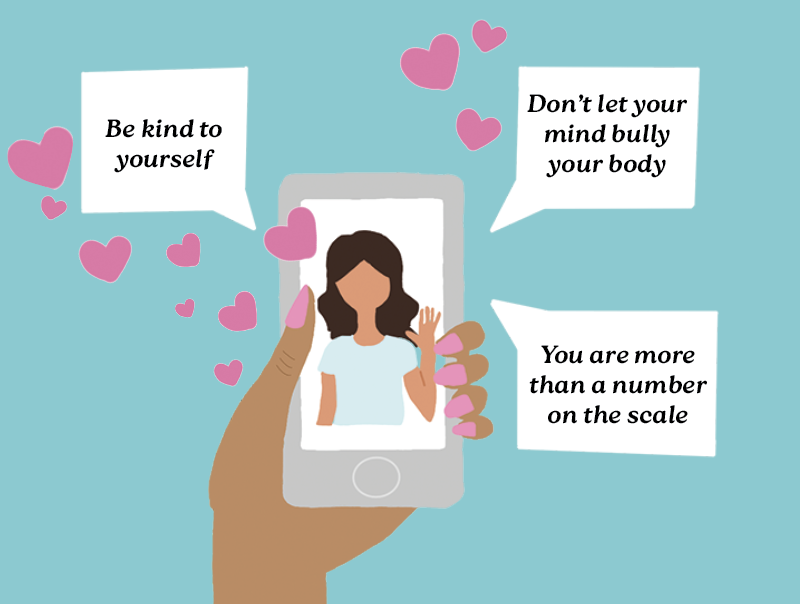
Taking breaks from nutrition and fitness-related content online can improve mental health, and overall dampen the messaging of diet culture.
“If you are following accounts that recommend diets or dieting, we would suggest unfollowing those individuals/groups,” the Beyond Measure team said. “Instead, make sure that you are following accounts that support a peaceful and loving relationship with food and your body. Finally, don’t be afraid to take a break from social media altogether. Sometimes this can be a helpful way to reset your relationship with social media by allowing you to notice the impact on your mood, functioning, and quality of life when you are not exposed to it.”
Having genuine motivation, rather than outside pressures such as social media, is a necessary factor for having the right mindset when taking healthy dieting steps for your own body.
“We never recommend that anyone start a diet aimed at intentional weight loss, no matter their age, body size, or goals,” the Beyond Measure team said.
Overall, regardless of trends and goals, it is important to recognize every individual’s need for nutrition and food, regardless of preconceived beauty standards.
“Even if someone were to follow every single food and body trend of a year the next year, it [trends] could all change,” O’Malley said. “So if we’re treating bodies like trends, it’s really harmful and dangerous and doesn’t keep in mind you as a person who has needs, and needs enough food and enough nourishment.”



